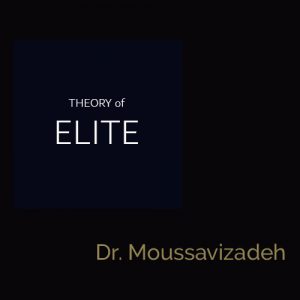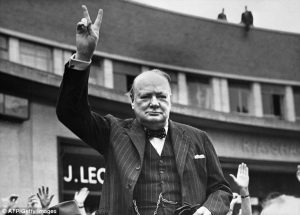Power, and Elite Theories

Introduction
As Samuel Huntington put it:” During the Cold War the most important political distinction among countries concerns not their form of government but their degree of government”.1 France, West Germany, United Kingdom, and the Soviet Union have different systems of government, but in all four forums the government governs. It could be said that “the differences between democracy and dictator ship are less than the differences between those countries whose politics embodies consensus, community, legitimacy, organization, effectiveness, stability, and those countries whose politics is deficient in these qualities”.2 In view of effectiveness of their government systems communist totalitarian states and western liberal states both belong generally to the category of effective rather than weak political systems. In all these four countries the people and their leaders share concern about public interest in the society, and care about the traditions and principles upon which the political community is based. All of the four countries have strong adoptable, coherent political institutions: “effective bureaucracies, well organized political parties. a high degree of popular participation in public affairs, working systems of civilian control over the military. Extensive activity by the government in the economy, and reasonably effective procedures for regulating succession and controlling political conflict”.3 Political systems of France, West Germany, United Kingdom and the Soviet Union are very different from those governments of countries in Asia, Africa and Latin America. These countries not only lack “shortages of food, literacy, education, wealth income, health and productivity, but most of them suffer from a significant shortage of legitimate government”.4
Modern society is not cohesive. Therefore, it is only the state which is in a position to ensure that law and order in a society is maintained. This can only be achieved if a power relationship exists, where one side of the relationship decides and the other acts, accordingly. Consequently, we shall be examining how power and control in society are most efficiently organized.
The article examines the main aspect and elite theories in relation to the explanation of the structure and especially functioning of the state. Chapter One looks at social control exercised by the state, notably how this is implemented and the political problems that arise in this respect. Chapter Two focuses on organization of power for the purpose of control, notably the question of the role of parties. Chapter Three studies the structure of ruling class in contemporary society and how their decisions affect the citizens’ lives.



